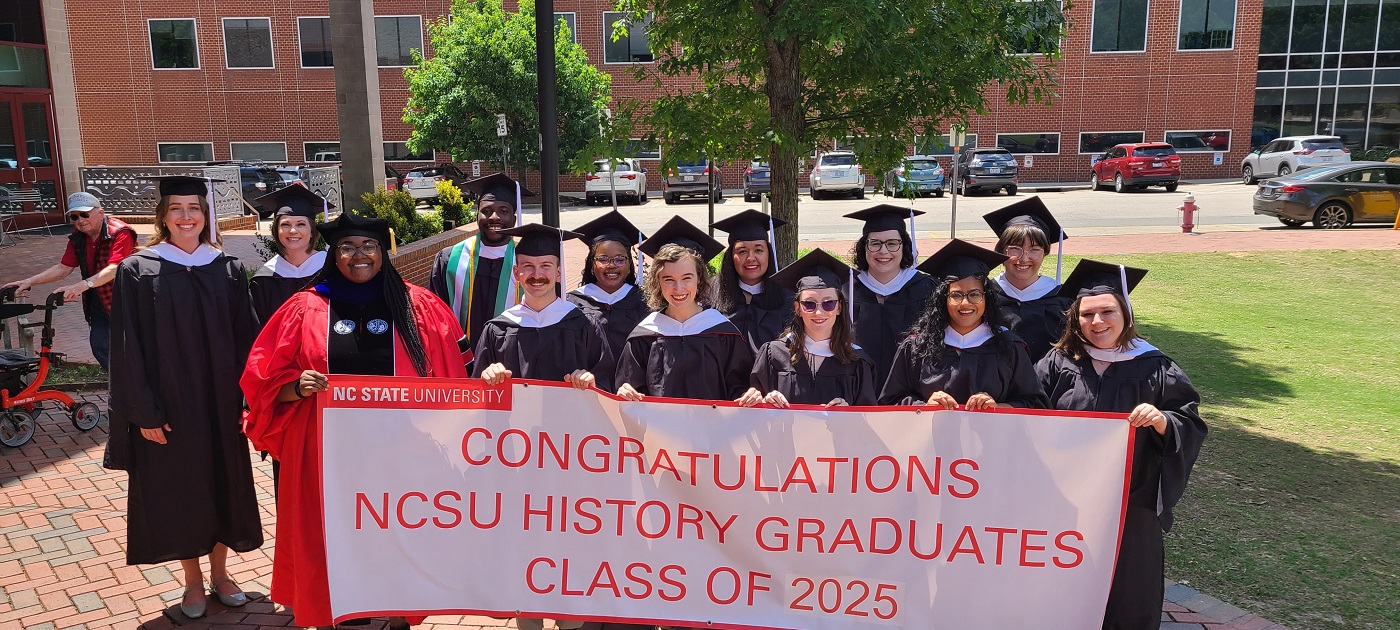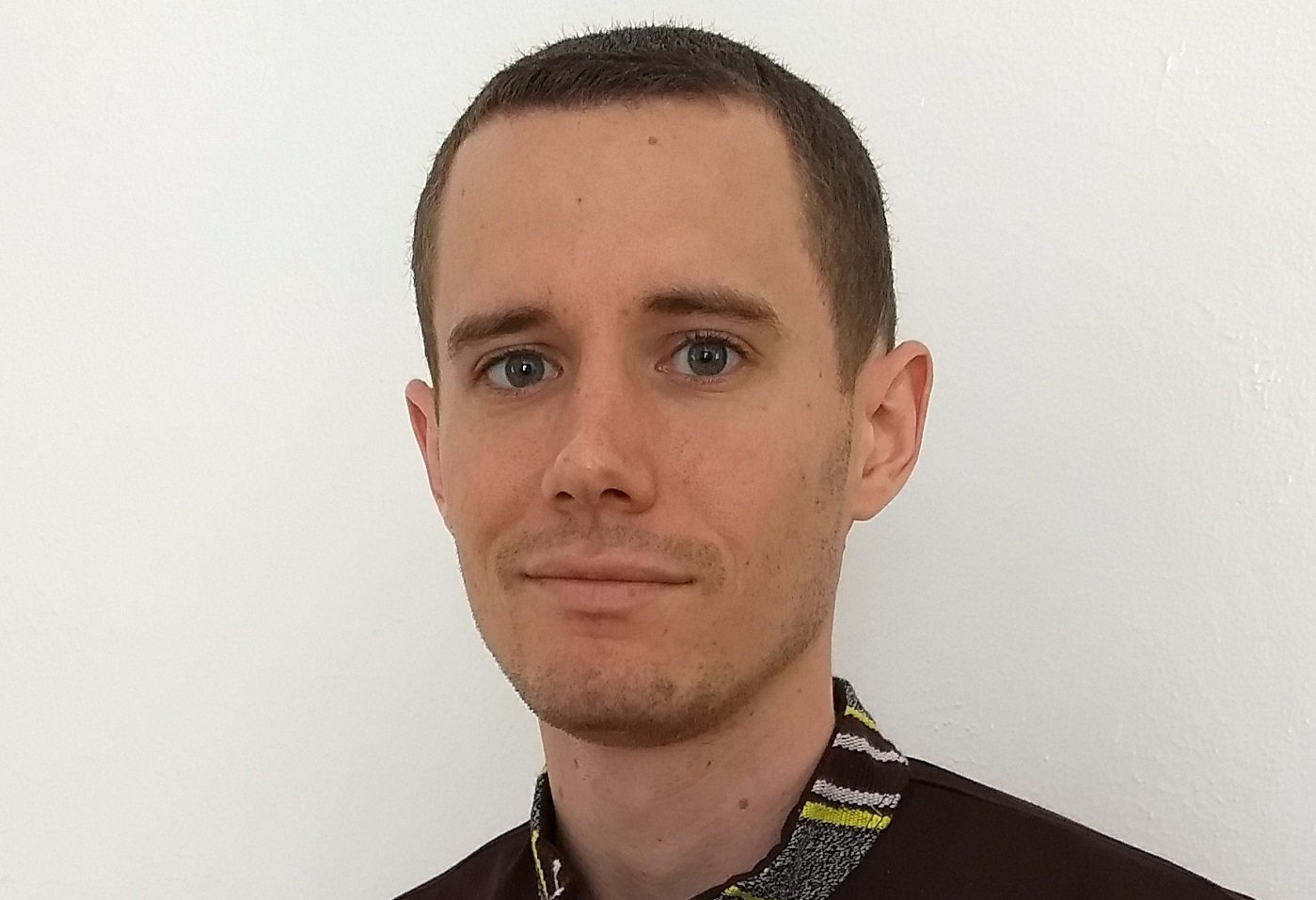Exposing the Past to Begin our Future
Grace Parker, an NC State undergraduate senior, double majoring in History and French with a minor in Chinese recounts her experiences at the American Historical Association conference in Washington, D.C where she presented her poster this past weekend.
My heart is racing as I scan the atrium that is filled with twenty posters, each accompanied by an extremely nervous looking undergraduate student. This is it. This is the inaugural undergraduate poster session at the 132nd American Historical Association meeting in Washington, D.C.
My poster, “Challenging the Image of the Villain: Catherine de Medici and her Politics for Peace,” is based on my honors thesis for the NC State University history honors program. It examines the image changes that Catherine underwent throughout her life first as queen of France, then as a widow, and finally as queen mother. By looking at her political involvement leading up to the St. Bartholomew’s Day Massacre in August of 1572, I discovered that, contrary to her popular image she played a major role in extensive negotiations between the French Huguenots and Catholics.
More recent scholarship has been critical of her traditional image as an “evil queen” but my new take on this subject is to examine her personal letters. Throughout her life she wrote between 10,000 and 13,000 letters and I am examining a collection of 6000 that she wrote in the decades leading up to the Massacre. One of these letters was featured on my poster.
She wrote this letter on August 22nd, 1572 to the Pope and in this letter she asks for his blessing on a marriage that she has worked to set up between one of her Catholic daughters and a Protestant prince. This marriage was supposed to serve as a symbol of peace and unity between the two groups and a blessing from the Pope would only have made this union stronger. Unfortunately just a few days after the wedding, the Massacre began and was an extremely bloody chapter in French religious history.
People have traditionally blamed Catherine for orchestrating the St. Bartholomew’s Day Massacre but by examining the letters that she wrote throughout her life it seems much more likely that she thought peace was the best thing for the France and that she was also working towards setting up a stable country.
I wanted to attend the poster session in order to present my original research on Catherine and particularly the work I have been doing with her letters that are all in the original middle French. It was a wonderful opportunity. Over 150 poster proposals were submitted and twenty undergraduates were accepted and attended the conference to present their research. The session was well attended by both experts in various fields and the wider public.
My research on Catherine received a lot of positive feedback from professors who are experts in Early Modern History at various universities around the country. Others also challenged my work but both the positive and critical feedback were extremely beneficial and will strengthen my honors thesis. It was an incredible experience to share my research and have so many people respond positively.
Because I normally write papers in all of my courses, presenting a poster was a novel experience. Creating the poster was challenging but a beneficial way to present my research since I was able to put together a visual timeline of her literal image changes that accompanied the events (both negotiations and incidents of violence) leading up the Massacre.

The poster session also allowed me to talk with a larger audience than simply presenting a paper would have and it provided an opportunity to have more discussion with people who came to visit my poster. They asked me challenging questions, which I either answered or took note of for my honors thesis.
At the end of the session there is a collective feeling of relief and excitement among all the undergraduate students. We take down our posters and congratulate each other on our work knowing that we have taken a first and significant step to defining our respective futures as historians.
Grace is grateful to the AHA for accepting her proposal and Professor Verena-Kasper Marienberg, her honors thesis advisor, who gave her guidance and advice on her poster. She is also grateful for the education she has received so far at NC State, which prepared her very well for this experience.
- Categories:



